Alex Bernstein ’85
Miserable Love Stories:
25 Romantic Disasters That Are Worse Than Yours
Short Stories / Racehorse (Skyhorse Publishing), 2020
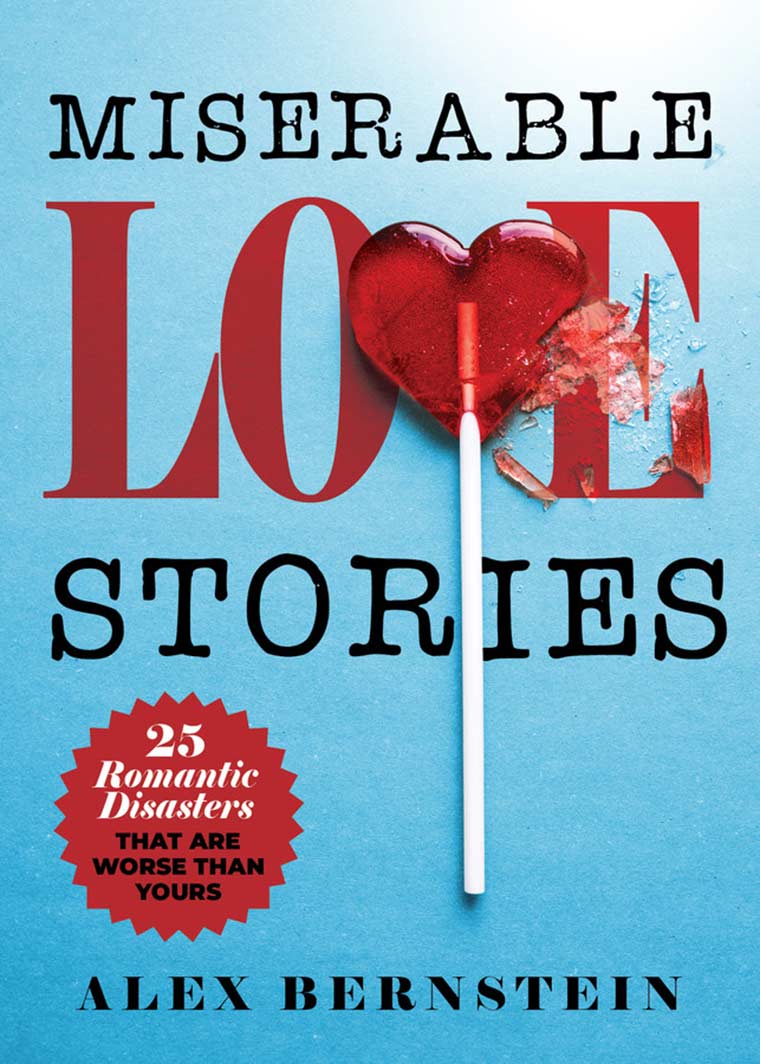
Whether you’re headed to that exciting first date where you’ll inevitably spill cabernet all over yourself, or you and your significant other are celebrating date night #4,081 with an extra pint of Halo Top, everyone can agree on one thing: Love stinks. Bernstein’s new collection of stories humorously covers miserable mad crushes, amorous infidelities, and bittersweet romances.
Kristina Andersson Bicher MFA ’15
She-Giant in the Land of Here-We-Go-Again
Poetry / MadHat Press, 2020

“Surrealism, vivid imagery, and spare language draw on tradition to forge a new species of contemporary fairy tale in these poems,” says reviewer Rebecca Foust in describing Bicher’s new collection. “Bicher’s language is brilliantly spare, and her images are precisely and vividly cut, but pain is the whetstone that hones her lines to their keen, sometimes near-lethal edge.”
Kacen Callender ’11
King and the Dragonflies
Middle-Grade Fiction / Scholastic Press, 2020
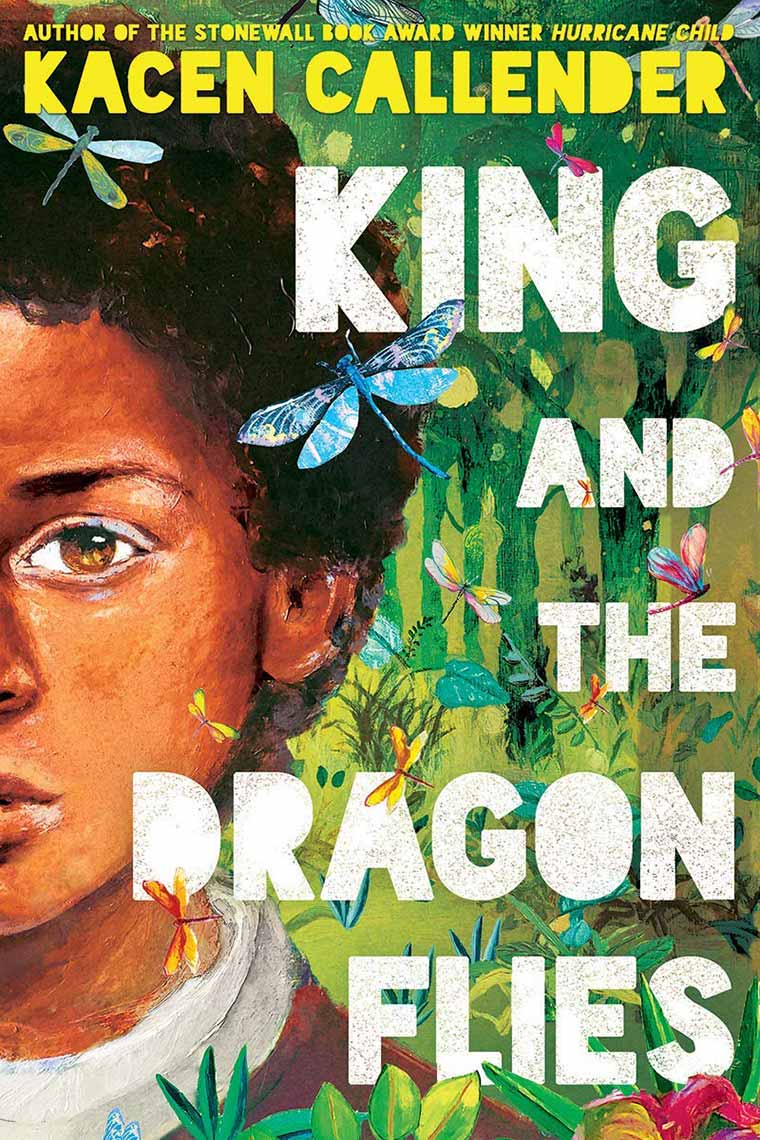
Twelve-year-old Kingston James is sure his brother Khalid has turned into a dragonfly—believing that when Khalid unexpectedly passed away, he shed what was his first skin for another to live down by the bayou near their small Louisiana town. Khalid still visits in dreams, and King must keep these secrets to himself as he watches grief transform his family.
Pema Chödrön ’59
Welcoming the Unwelcome: Wholehearted Living in a Brokenhearted World
Spirituality / Shambhala Publications, 2019
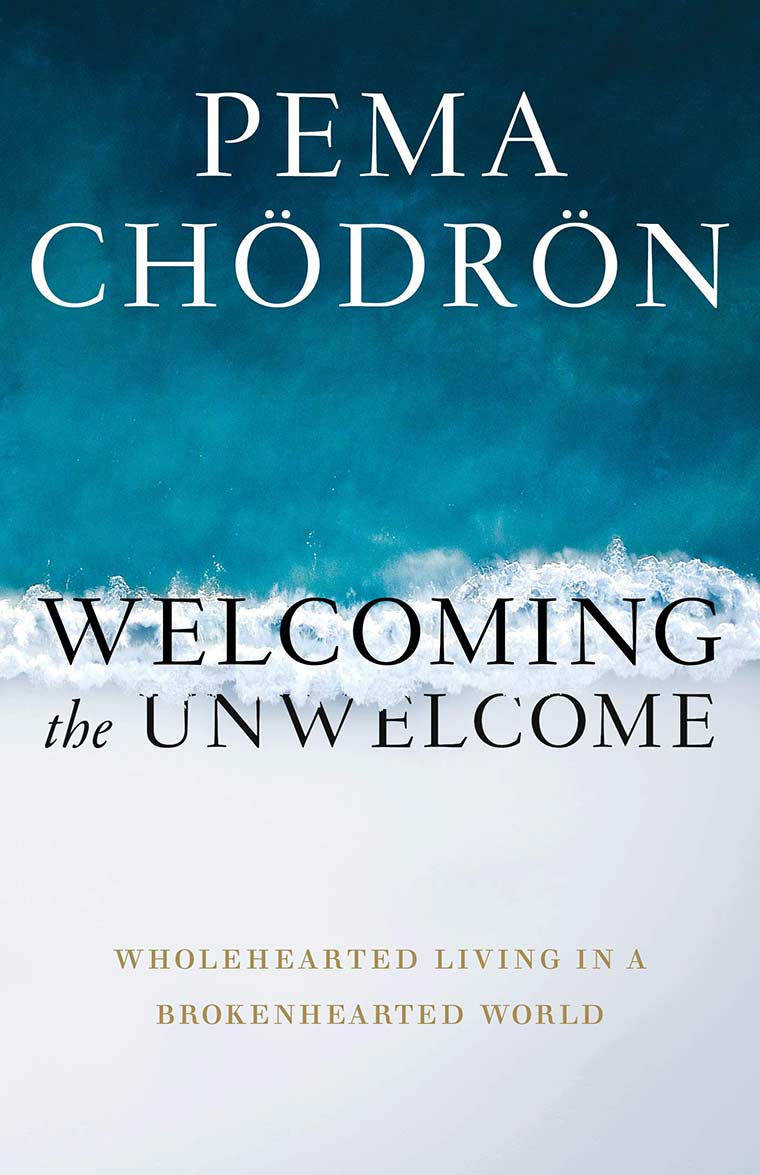
An open-hearted call for human connection, compassion, and learning to love the world just as it is during these most challenging times. Chödrön encourages readers to find common ground and influence our environment in positive ways. She shares never-before-told stories from her own life as well as simple and powerful everyday practices and directly relatable advice.
Alexis Taines Coe MA ’09
You Never Forget Your First: A Biography of George Washington
Biography / Viking, 2020
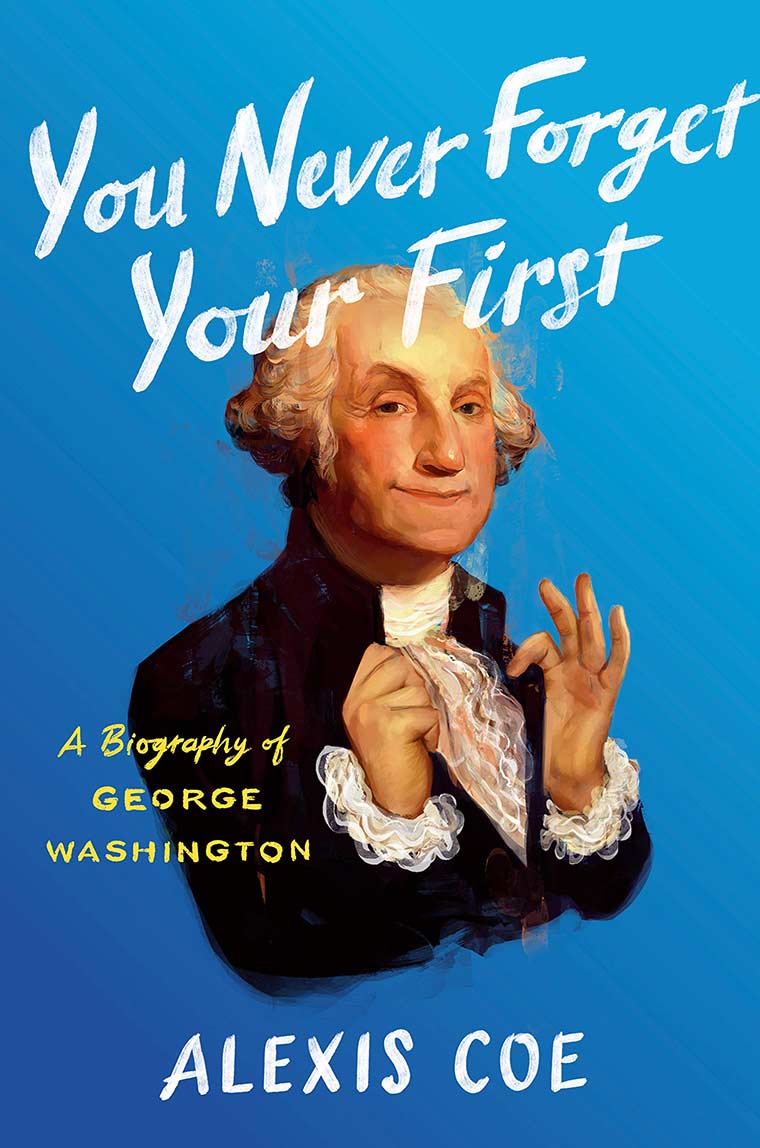
Coe’s carefully researched biography takes a closer look at our first president and finds he is not quite the man we remember. Washington was raised by a struggling single mother, demanded military promotions, caused an international incident, and never backed down. After marrying Martha, he hated to leave home and took up arms against the British only when there was no other way.
Miriam Cohen MFA ’10
Adults and Other Children
Short Stories / lg Publishing, 2020
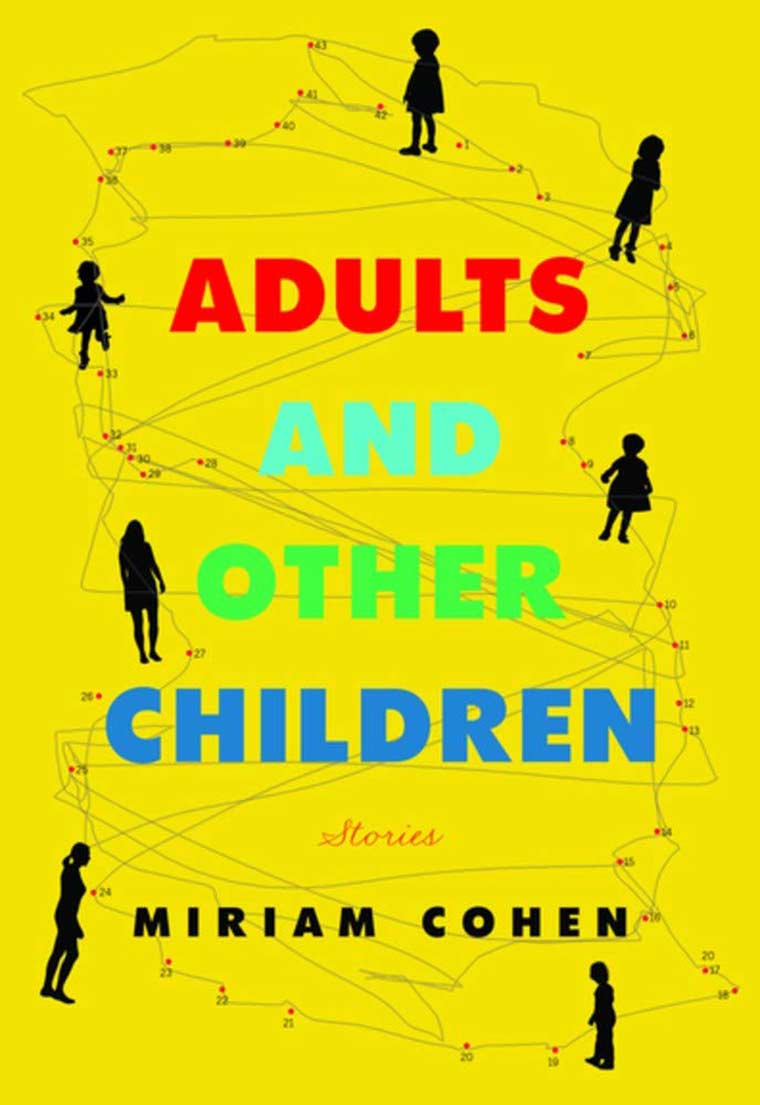
Cohen follows four women as they navigate life, from the confusion and innocence of childhood to the bizarre and darkly humorous complexities of adulthood. Time and again, the girls and women in this debut collection fantasize and deceive to get what they want―or what they think they want―while readers find themselves drawn to the characters’ often surprising and all too human behavior.
Johnny Dwyer ’98
The Districts: Stories of American Justice from the Federal Courts
Nonfiction / Knopf, 2019
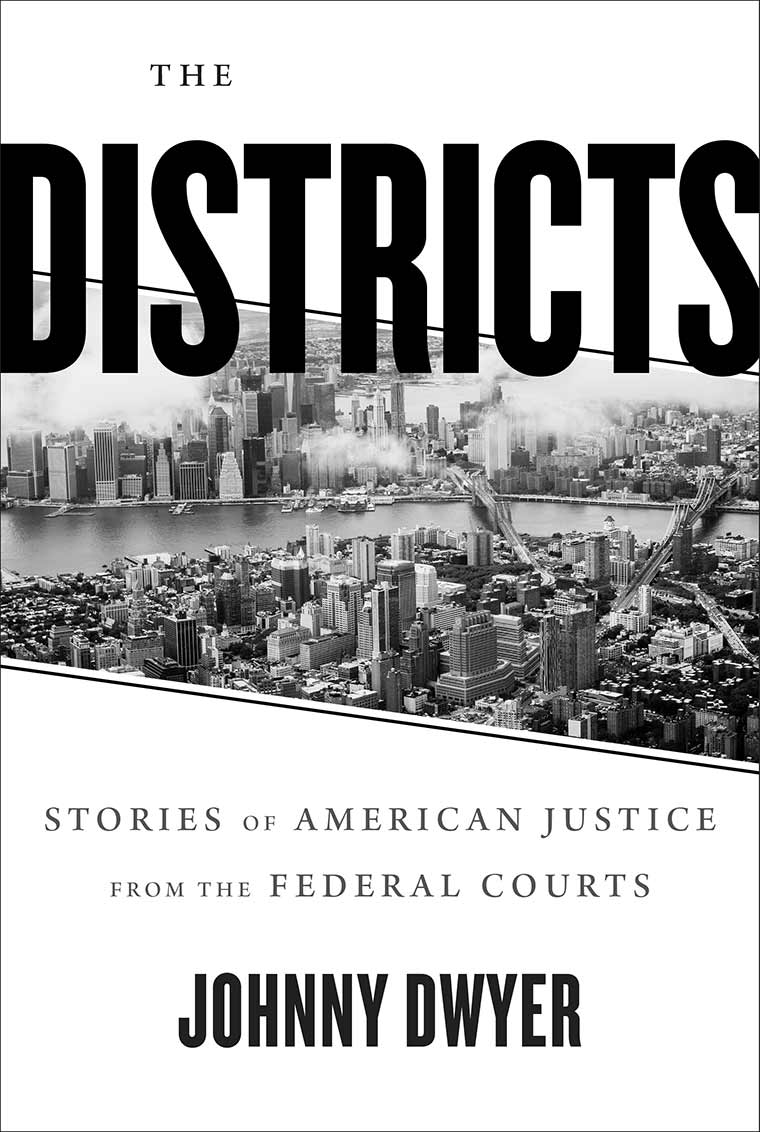
A comprehensive look at the Southern District Court in Manhattan and the Eastern District Court in Brooklyn—the two federal courts tasked with maintaining order in New York City. Dwyer takes us into the courtrooms and lives of those who enter through their doors: judges, attorneys, prosecutors, and defendants. This unprecedented plunge into the city’s federal court system provides a revelatory picture of how our justice system—and the pursuit of justice—really works.
Ellary Eddy ’72
Her Argument: Epiphanies, Theories, Confessions
Essays / Darlingmedia Press, 2020

In a vein at once playful, philosophical, and lyrical, artist Ellary Eddy builds a case for the value of self-inquiry, authenticity, and radical astonishment at the marvel of existence. Using her own experiences as raw material, Eddy’s essays muse upon the nature of identity and explore the meaning of life in general.
Lisa Erickson ’89
Chakra Empowerment for Women:
Self-Guided Techniques for Healing Trauma, Owning Your Power & Finding Overall Wellness
Self-Help / Llewellyn Publications, 2019
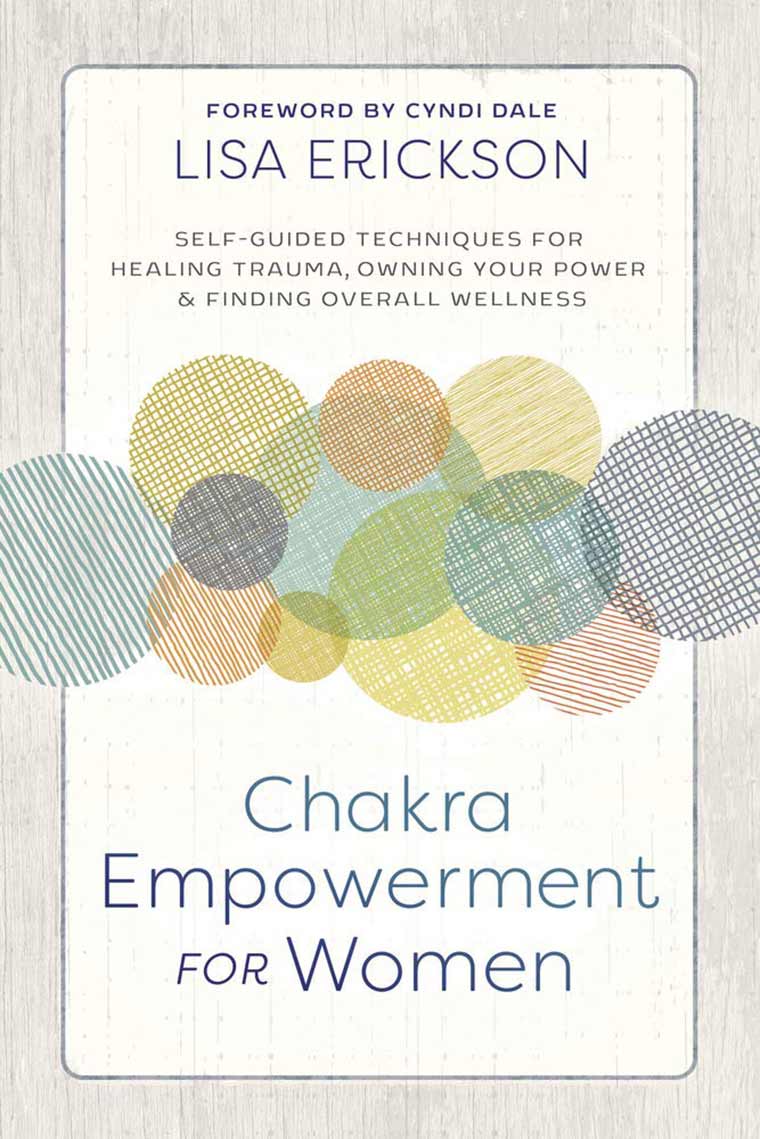
Erickson teaches readers to move past trauma, find strength, and thrive with 12 chakra tools based on the feminine energy body and life phases. These tools focus on challenges women often face in owning their power, balancing work and family, and maintaining physical and emotional health. Featuring a full-color insert with clarifying chakra figures, this guide takes a no-nonsense, easy-to-use approach.
Judith Dwan Hallet ’64 (co-author)
Discovering Tunisian Cuisine
Cookbook / UTC International Center, 2019
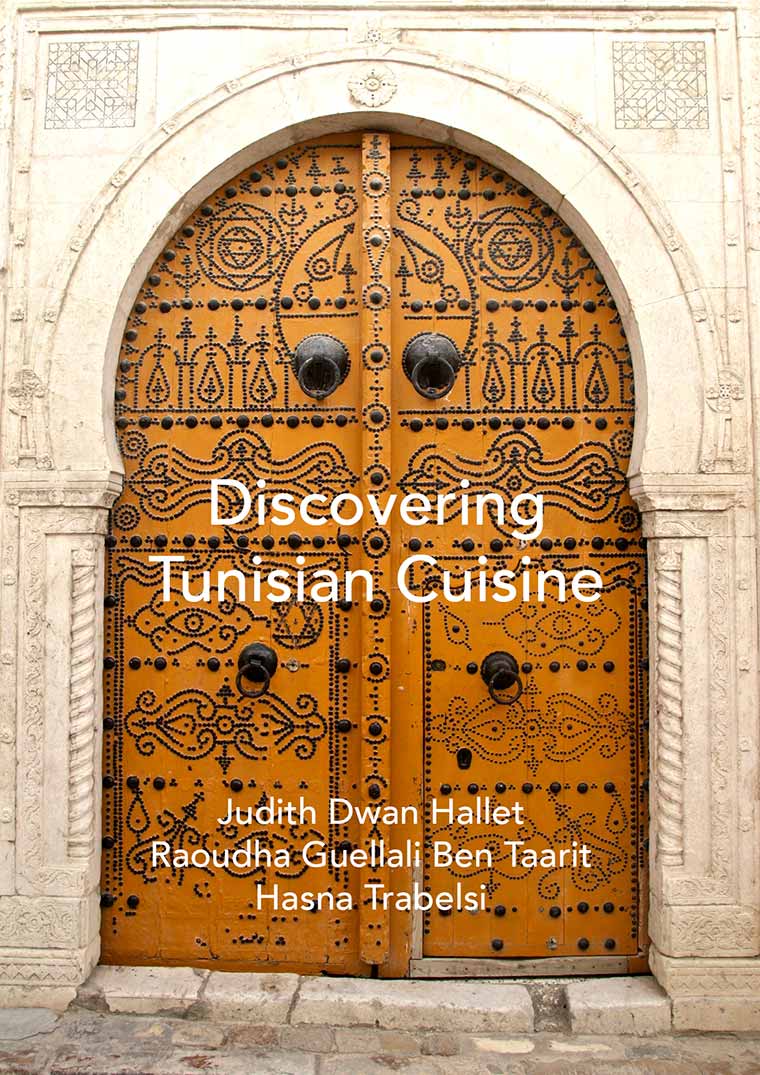
This detailed introduction to Tunisian cuisine focuses on the home cooking one would encounter on the tables of generous Tunisian hosts. This is how Hallet, who first visited Tunisia as a Peace Corps volunteer in 1964, originally experienced the cuisine and how she met her co-authors, Raoudha Guellali Ben Taarit and Hasna Trabelsi, on a return visit 50 years later.
Peter Houlahan MFA ’00
Norco ’80: The True Story of the Most Spectacular Bank Robbery in American History
Nonfiction / Counterpoint Press, 2019
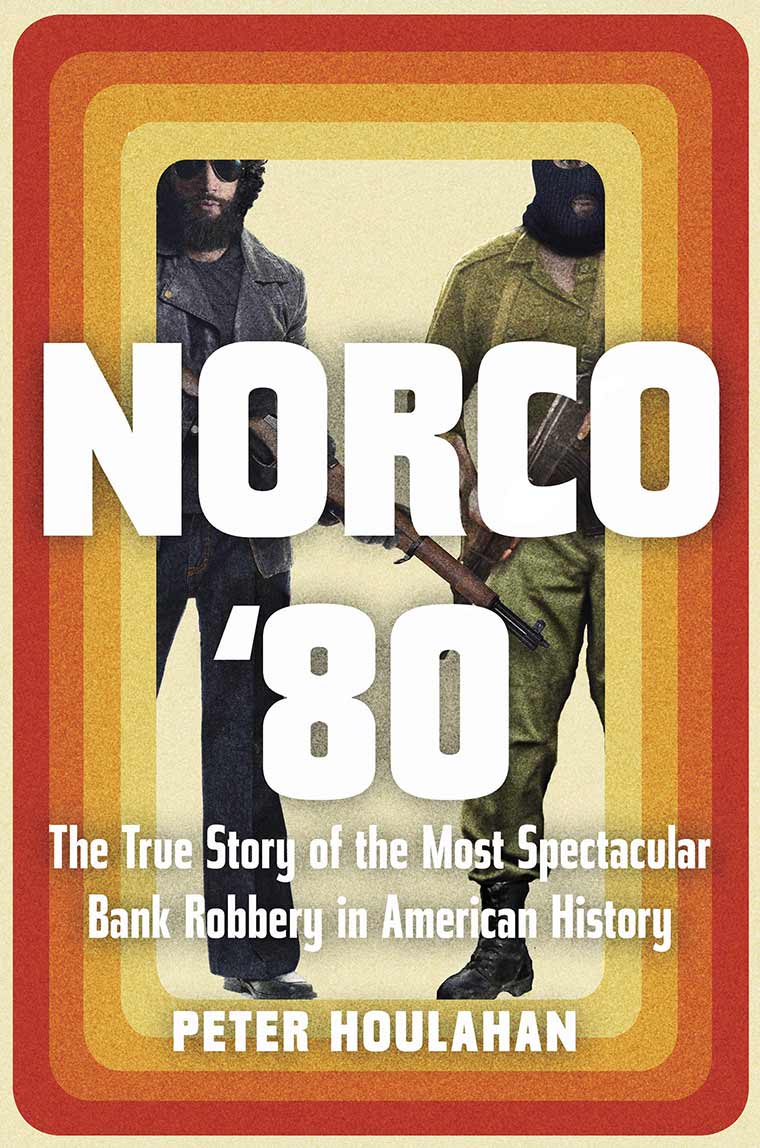
In 1980, five heavily armed young men attempted a bank robbery that turned into one of the most violent criminal events in United States history. Their desperate getaway turned the surrounding towns into war zones, resulting in three dead, 20 wounded, and 32 police vehicles destroyed by thousands of rounds of ammo. The subsequent trial shook the community to the core, and the crime forever changed the face of American law enforcement.
Michelle Janikian ’11
Your Psilocybin Mushroom Companion:
An Informative, Easy-to-Use Guide to Understanding Magic Mushrooms
Self-Help / Ulysses Press, 2019
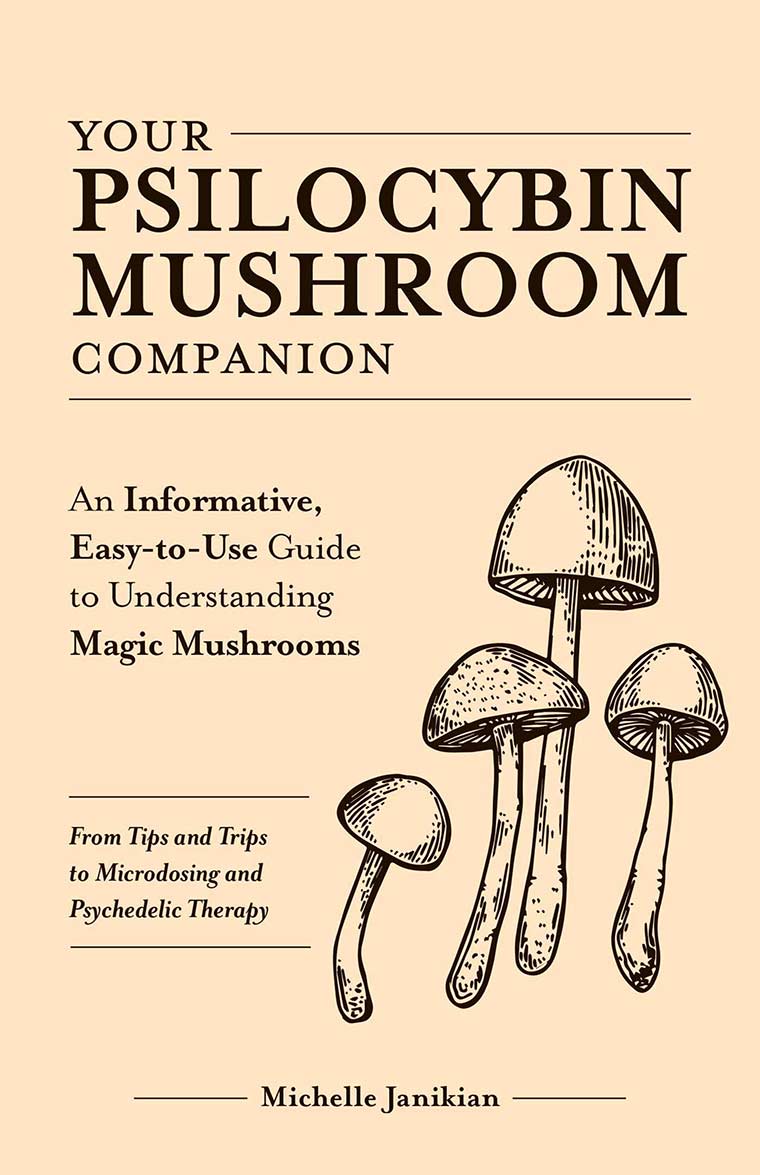
In this comprehensive guide, Janikian offers step-by-step advice on psilocybin mushrooms and details microdosing for the purpose of improving mood, cognitive functioning, creativity, and physical stamina.
Erin M. Kamler ’96
Rewriting the Victim:
Dramatization as Research in Thailand’s Anti-Trafficking Movement
Nonfiction / Oxford University Press, 2019
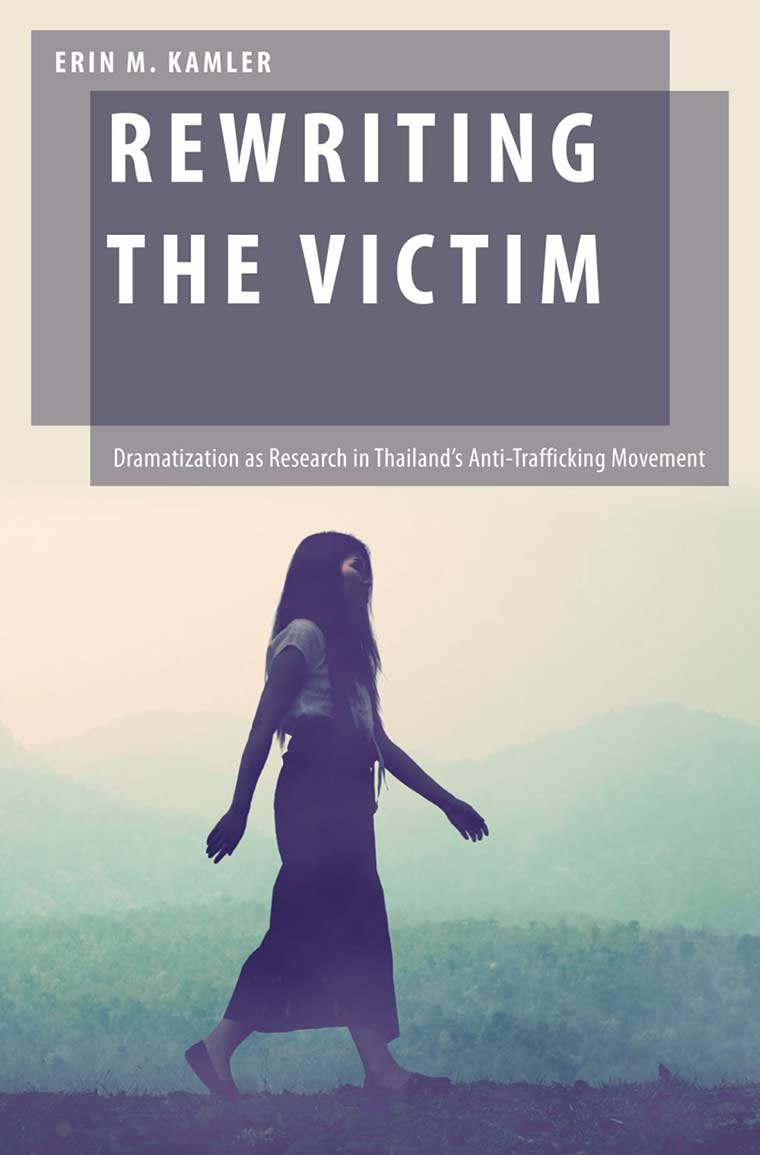
Demonstrating how the anti-trafficking movement is based on a Western mindset, Kamler explores the conflict of cultural values between feminists who want to abolish prostitution (as a key link to trafficking) and those who argue that what sex workers need are improved working conditions to alleviate the dangers associated with their work.
Jessica Laurel Kane MFA ’06
The Girl Who Was Born with Glue in Her Brain
Young Adult Self-Help / YMMSBILYA Press, 2019
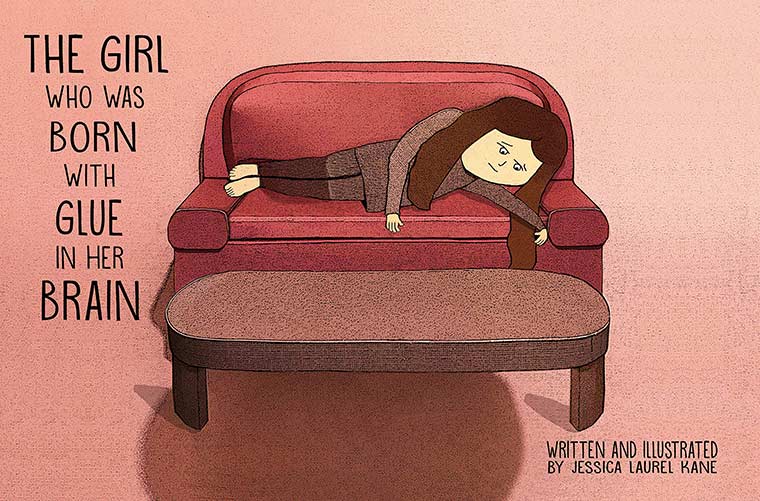
In this picture book/memoir, a girl learns to replace thoughts that keep her unhappy with better ones. Written for ages 10 and up, Kane takes familiar techniques from remedies such as cognitive behavioral therapy and distills them to a format that a broad range of readers can understand and use, aided by the author’s pared-down illustrations.
Sarah Kendzior ’00
Hiding in Plain Sight: The Invention of Donald Trump and the Erosion of America
Nonfiction / Flatiron (Macmillan), 2019
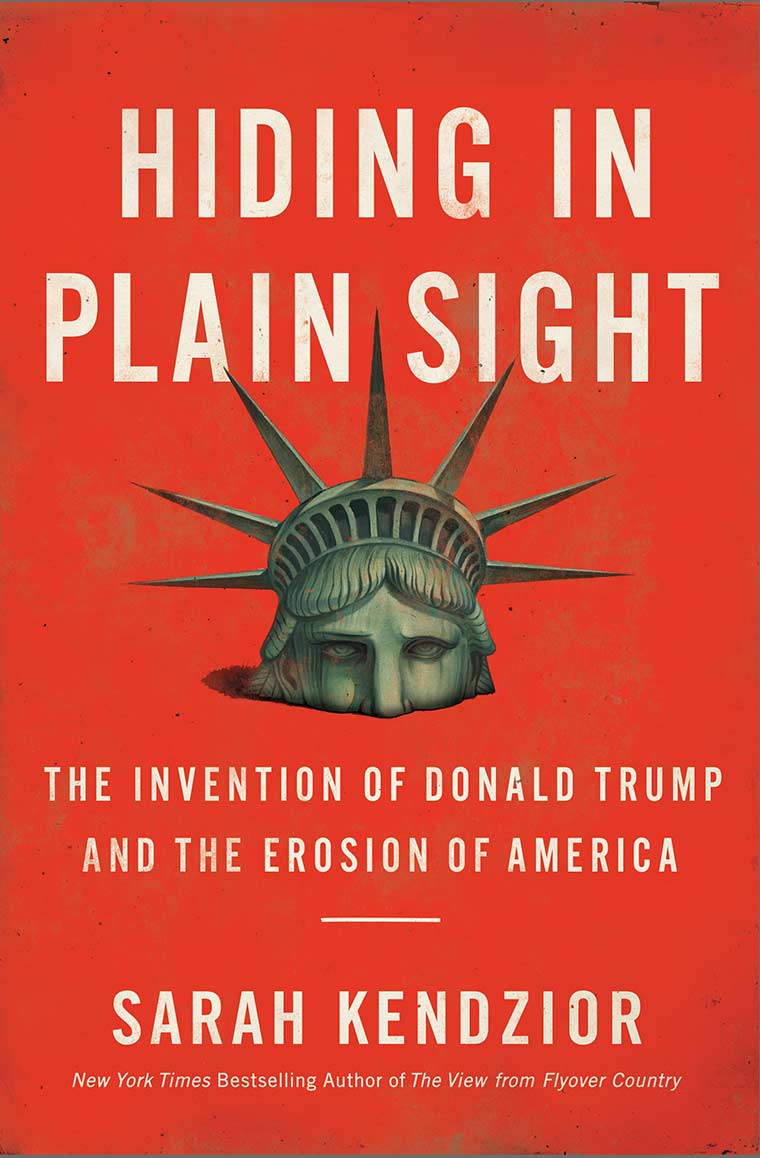
Kendzior documents the truth about the calculated rise to power of Donald Trump and how the erosion of our liberties made an American demagogue possible. Trump’s ascent is the story of an American history buried because people in power liked it that way. The book pulls back the veil on a history spanning decades—visible without being seen, influential without being named, ubiquitous without being overt—a history of an American autocrat in the making.
Alexandra C. Klarén ’02
On Becoming Neighbors: The Communication Ethics of Fred Rogers
Nonfiction / University of Pittsburgh Press, 2019
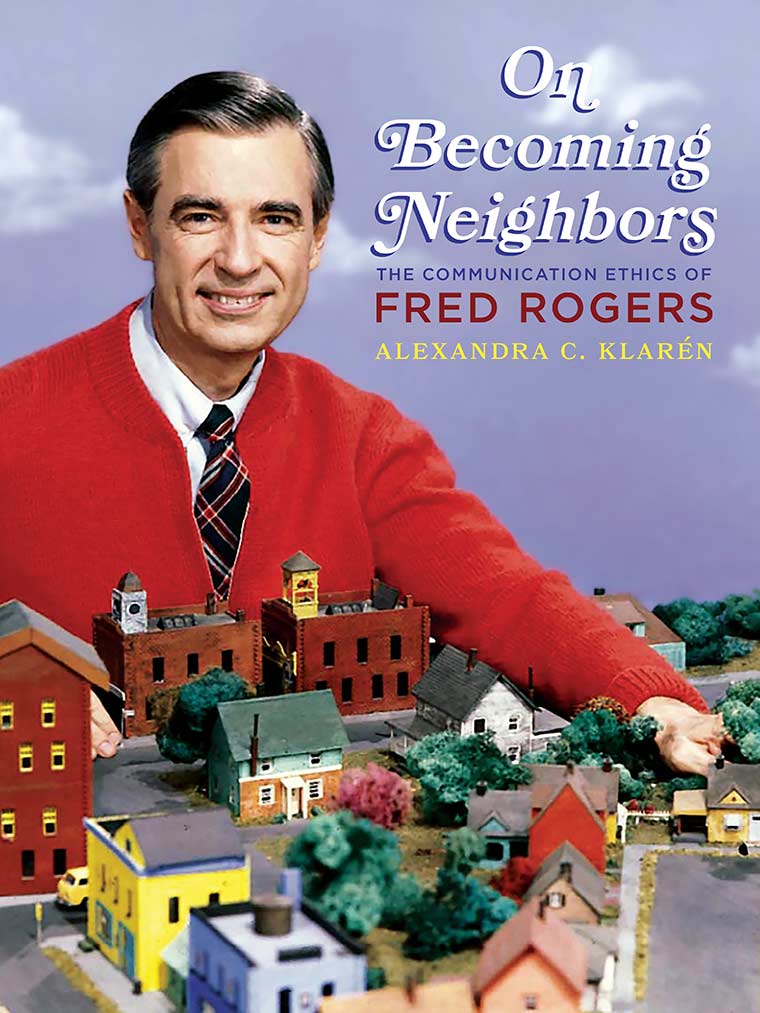
Mister Rogers’ Neighborhood—which ran for more than 30 years (1967-2001) on PBS—captured the moral, social, and emotional imaginations of multiple generations of Americans. Klarén explores the nuanced complexity of thought behind Fred Rogers and the program, the dialogical integration of his various influences, and the intentional ethic of care behind the creation of a program that spoke to the affective, cultural, and educational needs of children (and adults) during a period of cultural and political upheaval.
Amy Laprade MFA ’15
Silence Is Premeditated: A Collection
Poetry / Human Error Publishing, 2019
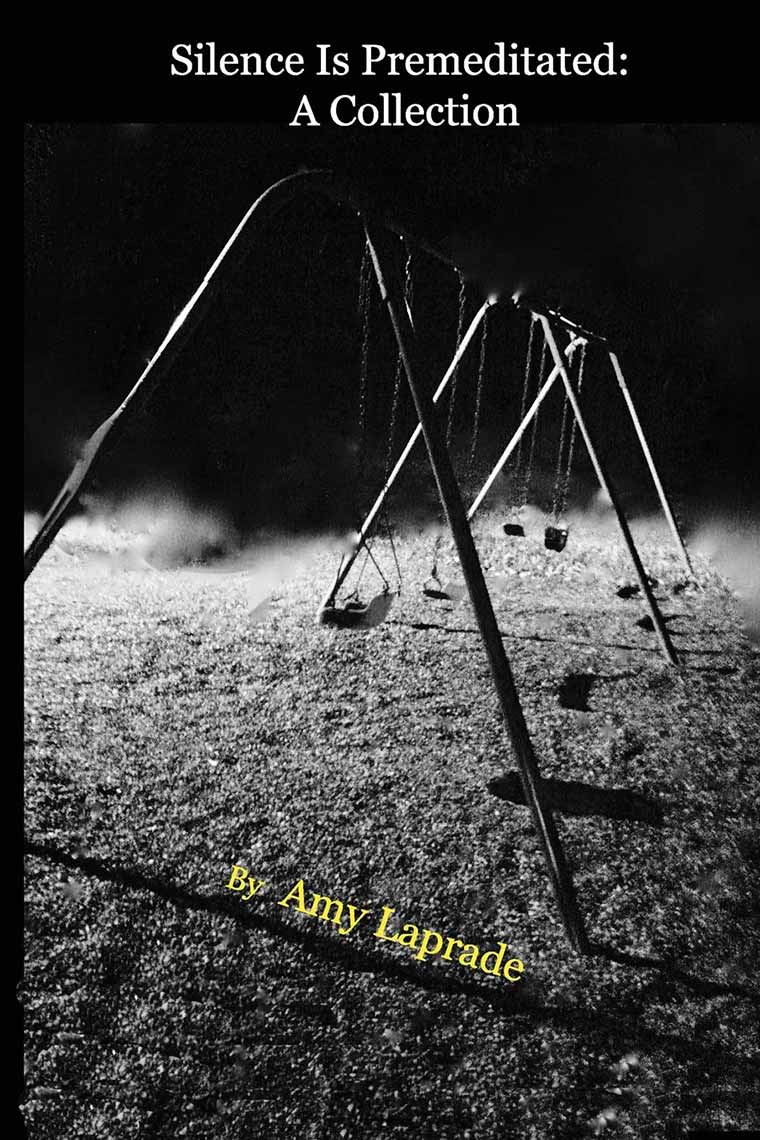
Laprade’s collection explores the duality of the human heart: the black and the white—and the gray area in between—when confronted with the choice between silence and accountability. The poems in her third book contemplate how we interact with the world during unprecedented times.
Meg Lindsay MFA ’98
Notes from a Caregiver
Poetry / The Poetry Box, 2020
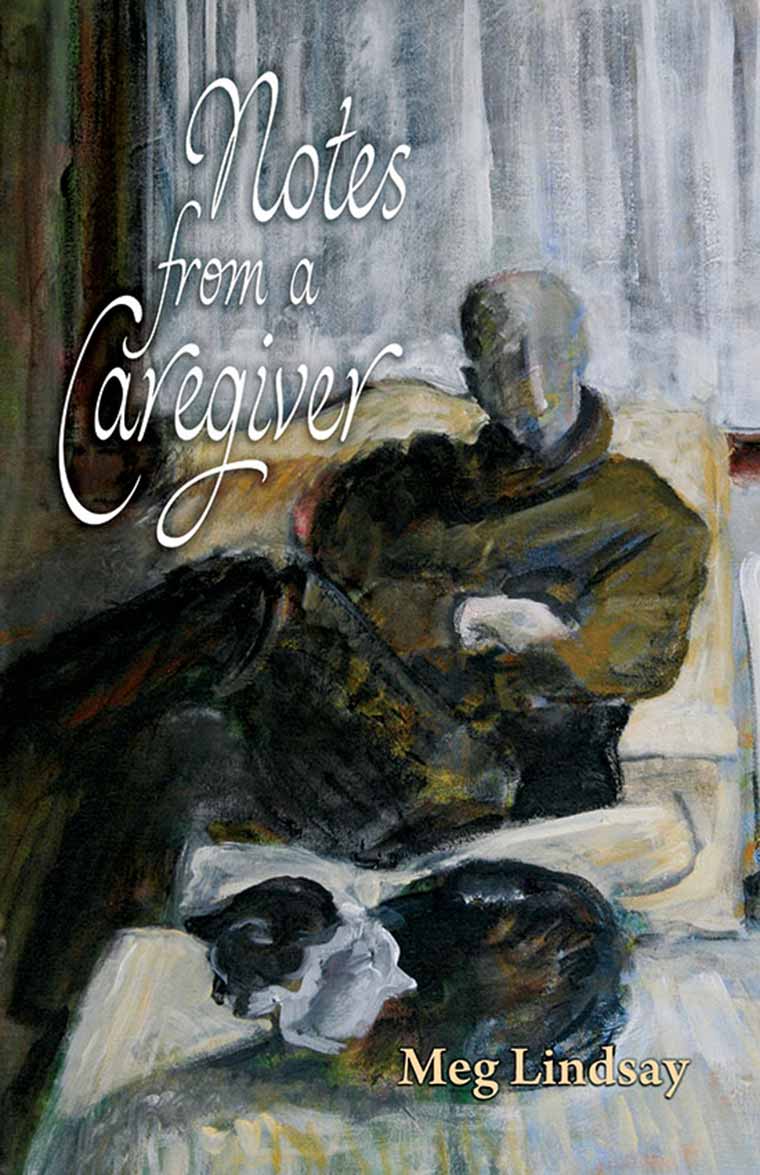
Inspired by the doctor and poet William Carlos Williams, who wrote poetry on his prescription pad while on house calls, Lindsay’s latest book originated in waiting rooms and doctors’ offices after her husband was diagnosed with multiple myeloma, a rare cancer. Lindsay writes of her journey as a caregiver, using poetry to reveal authentic emotions, often odd and unpredictable.
Jeffrey McDaniel ’90 (writing faculty)
Holiday in the Islands of Grief
Poetry / University of Pittsburgh Press, 2020
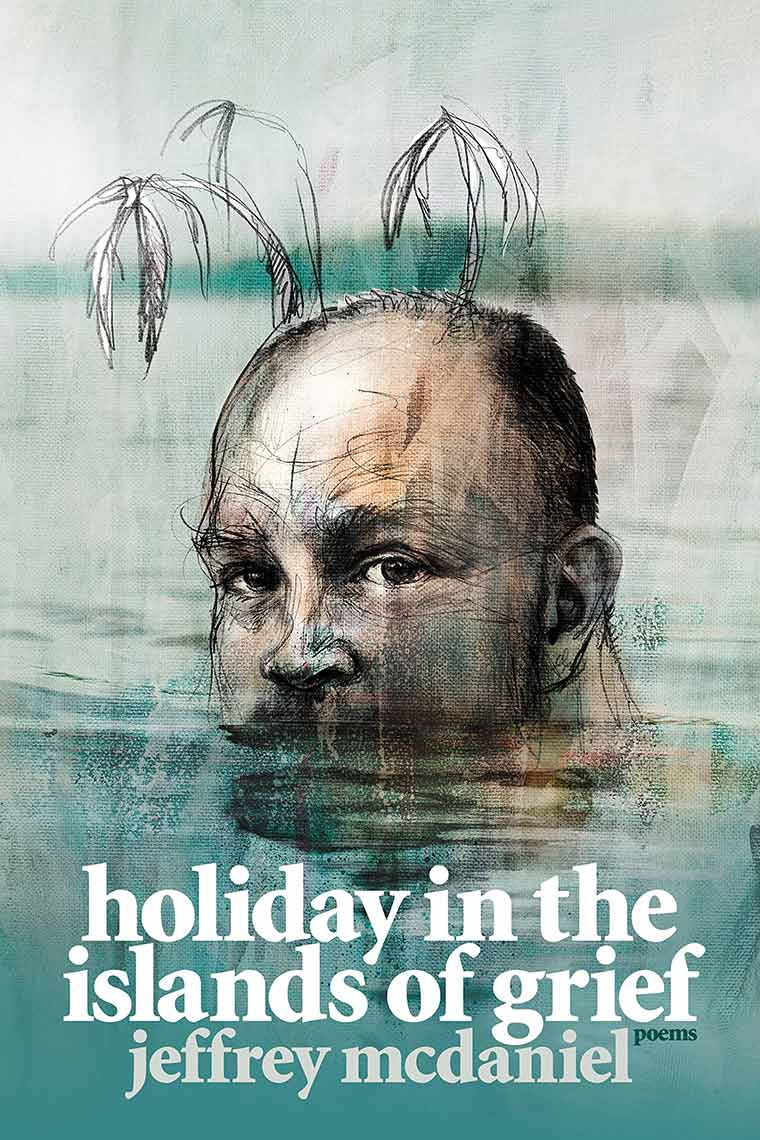
In his new collection, McDaniel confronts the insular and expansive qualities of loss. With surrealistic imagery, his poems deliver the quotidian elements of middle-age life while weaving in and out of childhood and adulthood. The tragic and life-affirming share the same page and the same world, reminding readers how close corruption can be to innocence; domesticity to fantasy; aging to youth.
Elizabeth K. Minnich ’65 (co-editor)
Thought Work: Thinking, Action, and the Fate of the World
Nonfiction / Rowman & Littlefield Publishers, 2019
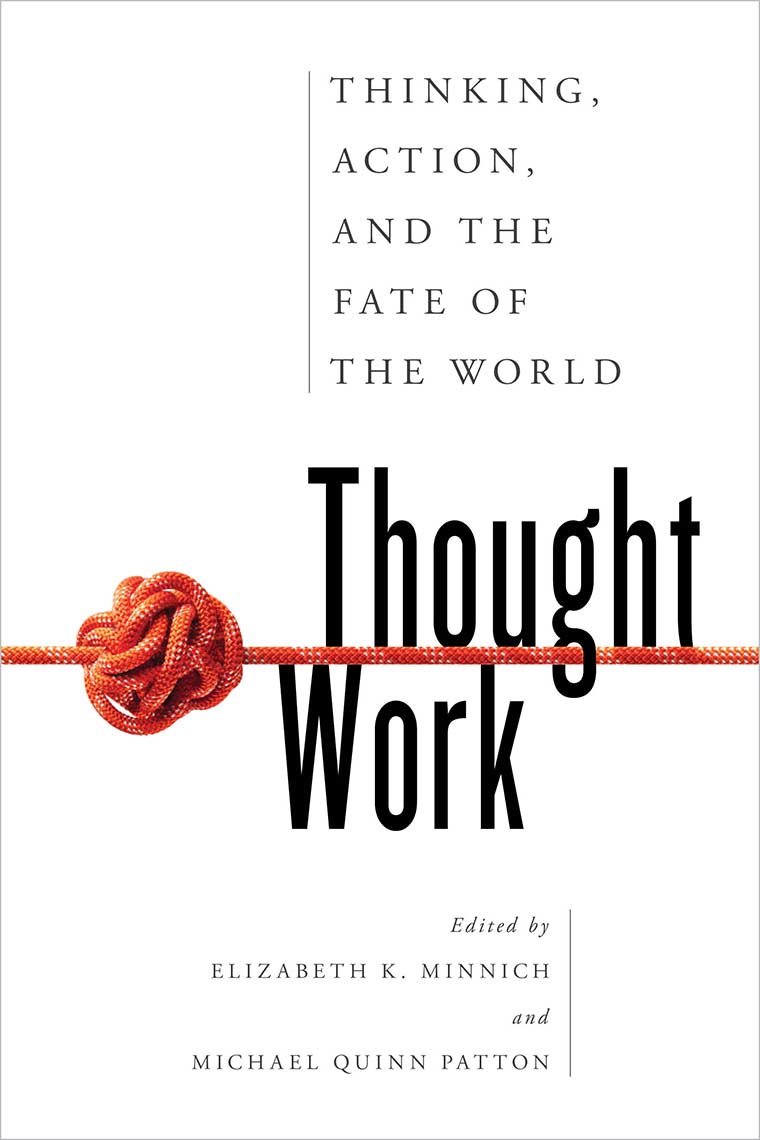
Based on the premise that our underappreciation of careful thought has crippled our ability to sustain a moral, conscience-driven society, Minnich and co-editor Michael Quinn Patton challenge readers to reinstate the restless, complicated activity of thinking as the heart of all education, life, and work. A diverse cast of thought leaders address thinking in a variety of settings, unpacking vital creative processes and developing schema to support increased thought training in and across individual professions.
Amy Nawrocki ’96
Mouthbrooders
Poetry / Homebound Publications, 2019
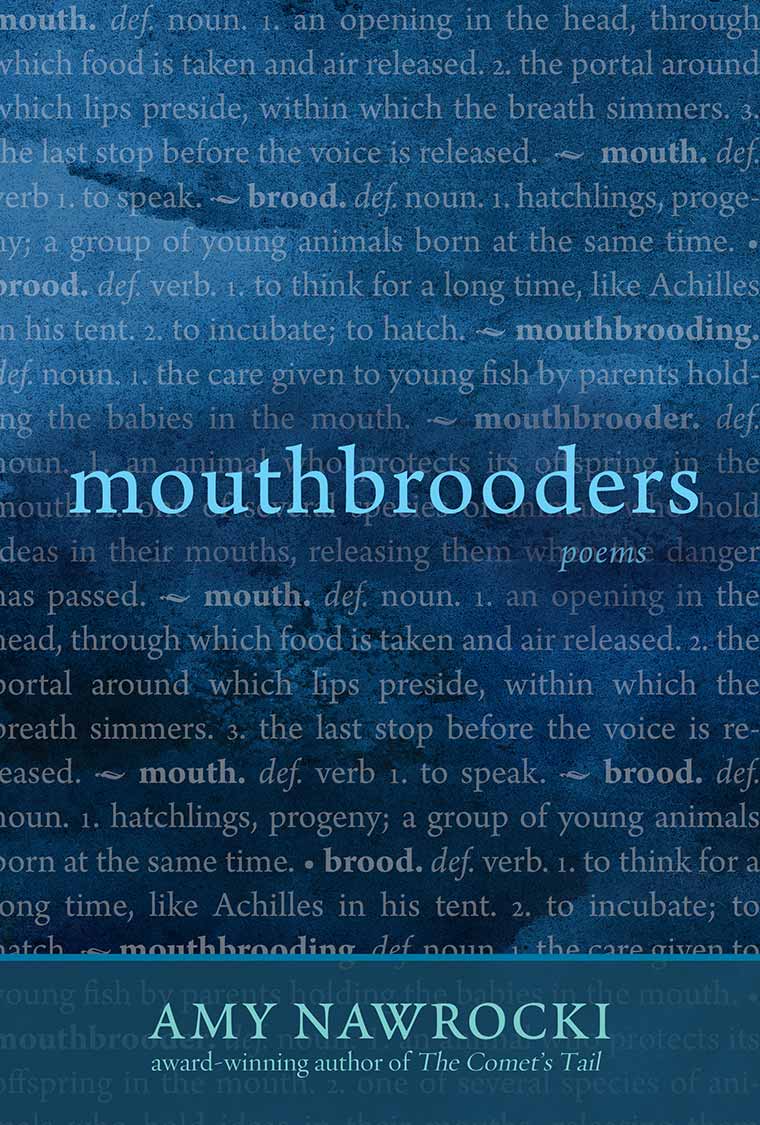
During six months of vocal cord paralysis, author and professor Amy Nawrocki turned to the written word and fell in love with language again. The result is this new collection, full of sounds and their echoes—ravens screeching, eggs cracking, and acorns falling. As Nawrocki struggles to find her own voice again, she midwives the voices of catastrophe, memory, and the small miracles of everyday life.
Margot Note MA ’04
Creating Family Archives: A Step-by-Step Guide to Saving Your Memories for Future Generations
Nonfiction / Society of American Archivists, 2019
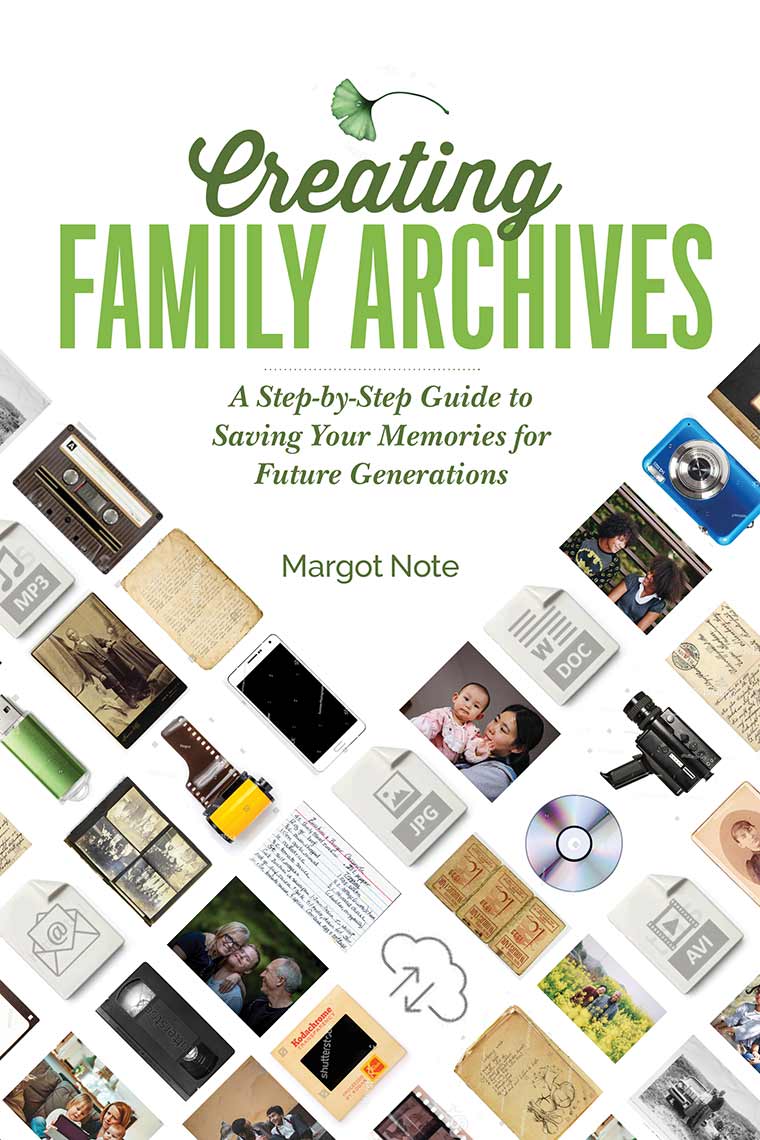
In this easy-to-follow guide to organizing and preserving family memories, Note explains how to handle materials such as documents, photos, digital files, and more. She also addresses how to choose the best supplies and how to display and share personal archives.
Shelly Oria MFA ’07 (editor)
Indelible in the Hippocampus: Writings from the Me Too Movement
Essays, Poetry, Fiction / McSweeney’s Publishing, 2019
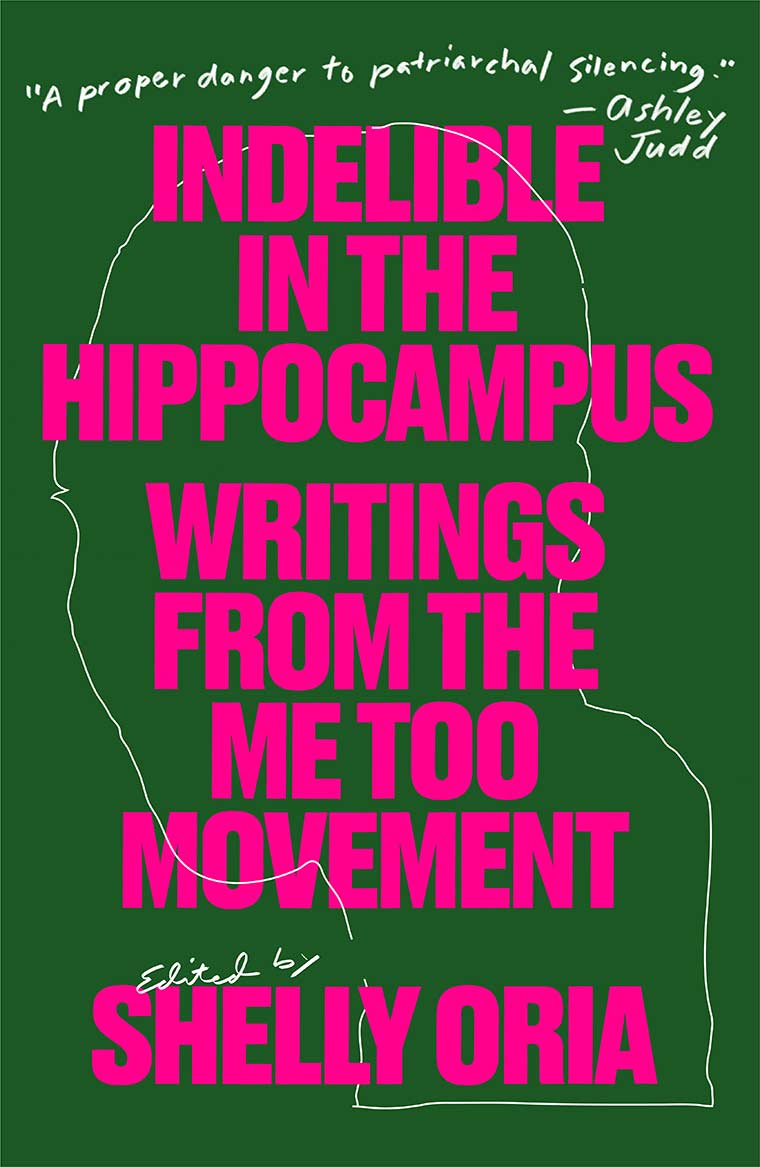
This truly intersectional collection sounds the voices of black, Latinx, Asian, queer, and trans writers, to name but a few. Whether reflecting on their teenage selves or their modern-day workplaces, each writer approaches the subject with authenticity. Together they create a portrait of cultural sea change, offering the reader a deeper understanding of this complex, galvanizing pivot in contemporary consciousness. Contributors include Nelly Reifler MFA ’96, Melissa Febos MFA ’08, Karissa Chen MFA ’12, and Syreeta McFadden MFA ’07.
Ann Patchett ’85
The Dutch House
Fiction / HarperCollins, 2019
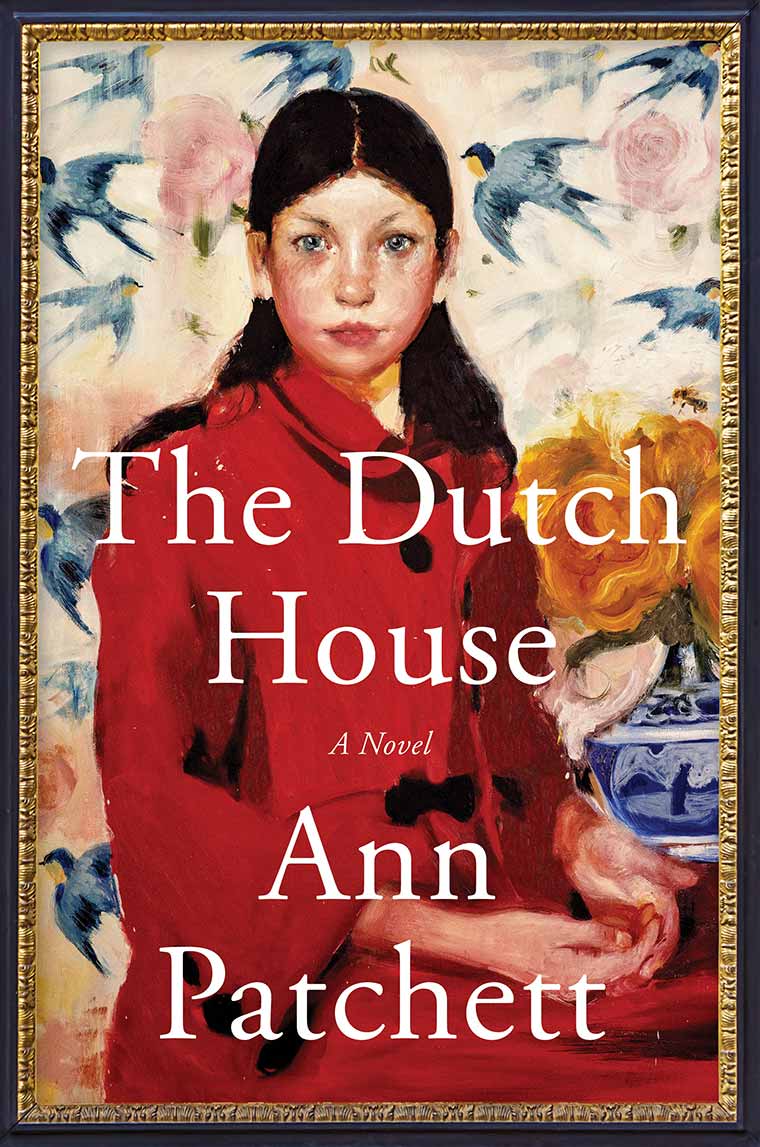
Patchett’s eighth novel explores the indelible bond between two siblings, the house of their childhood, and a past that will not let them go. It is the story of a paradise lost, a tale that digs deeply into questions of inheritance, love, and forgiveness, of how we want to see ourselves, and of who we really are.
Sarah Sarai MFA ’97
That Strapless Bra in Heaven
Poetry / Kelsay Books, 2019
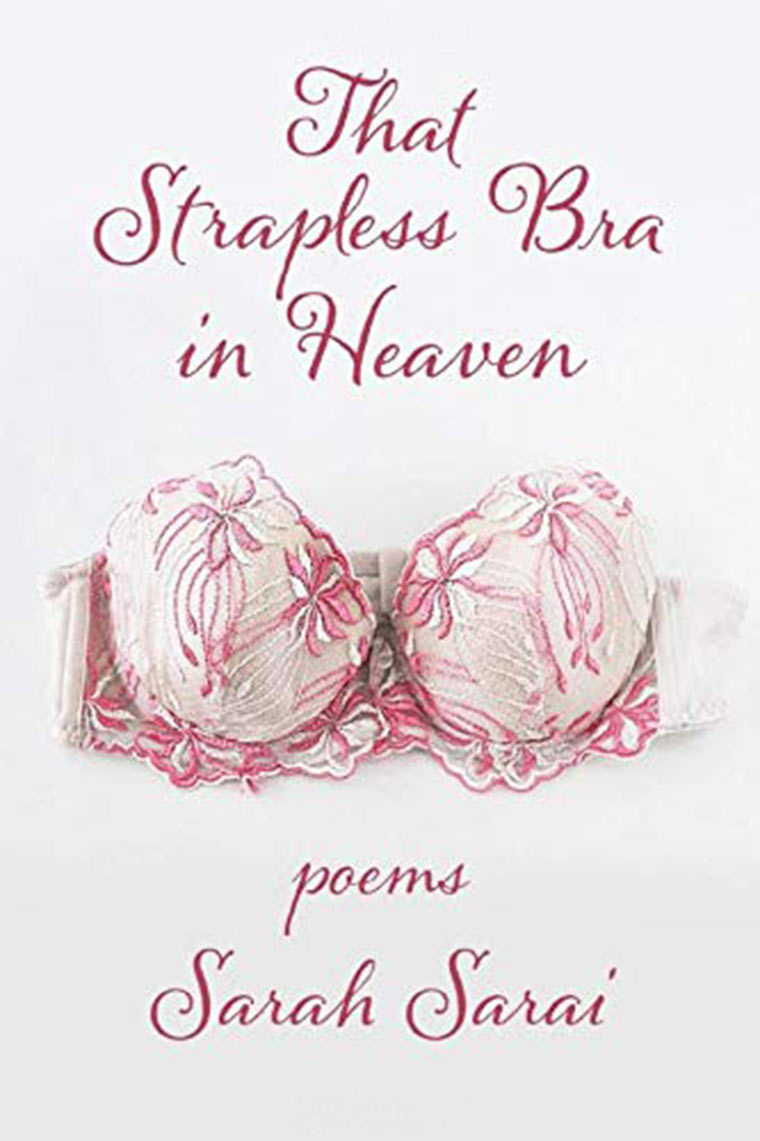
In his review of this new poetry collection, Dennis Nurkse (writing) describes Sarai as “a visionary who can’t quite keep a straight face, a prophet quicker to laughter than judgment” and notes that she “works with a vast cultural canvas.” Nurkse calls the book a thrilling roller-coaster read that’s “grounded in what we once called wisdom.”
Kate Scelsa ’02
Everyone’s Fine with Virginia Woolf
Play / Dramatists Play Service, 2019
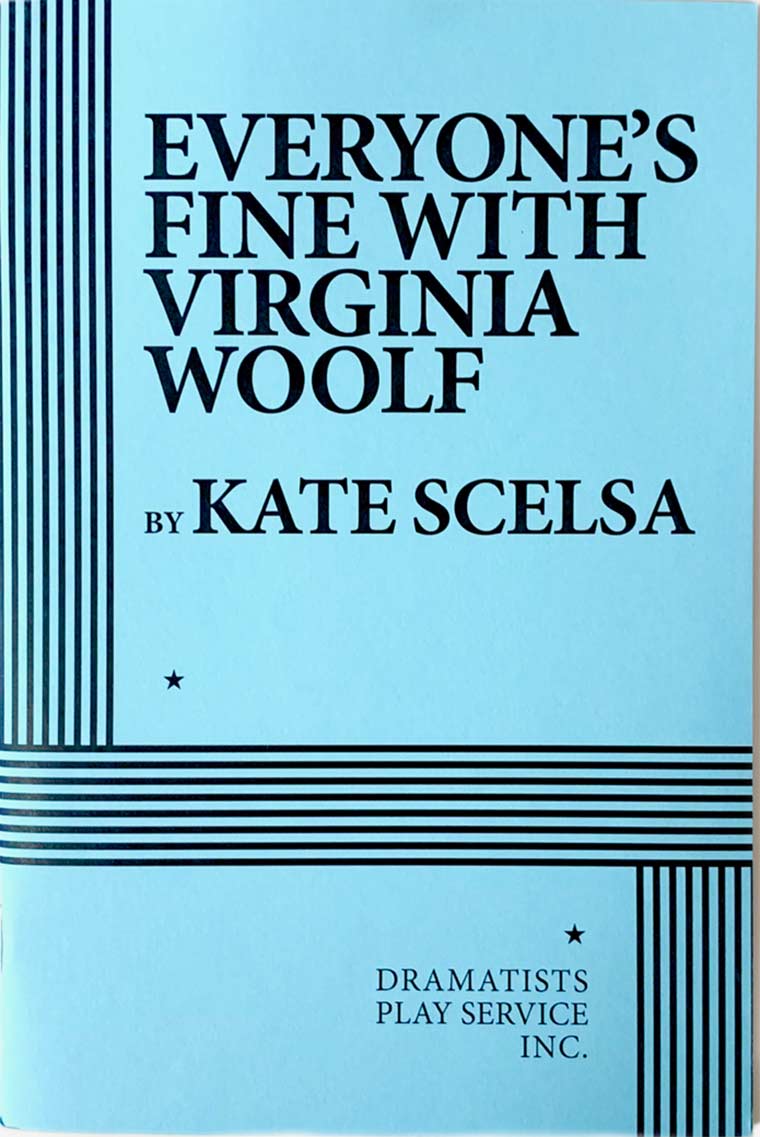
A sharp-witted parody of a celebrated American drama, this New York Times Critic’s Pick is, in turns, loving homage and fierce feminist takedown. Scelsa’s reinvention of Edward Albee’s classic Who’s Afraid of Virginia Woolf? subverts the power dynamics of the original play’s not-so-happy couple. In the end, no one will be left unscathed by the ferocity of Martha’s revenge on an unsuspecting patriarchy.
Elizabeth Sowden ’06
Tough Love at Mystic Bay
Fiction / Running Wild Press, 2020
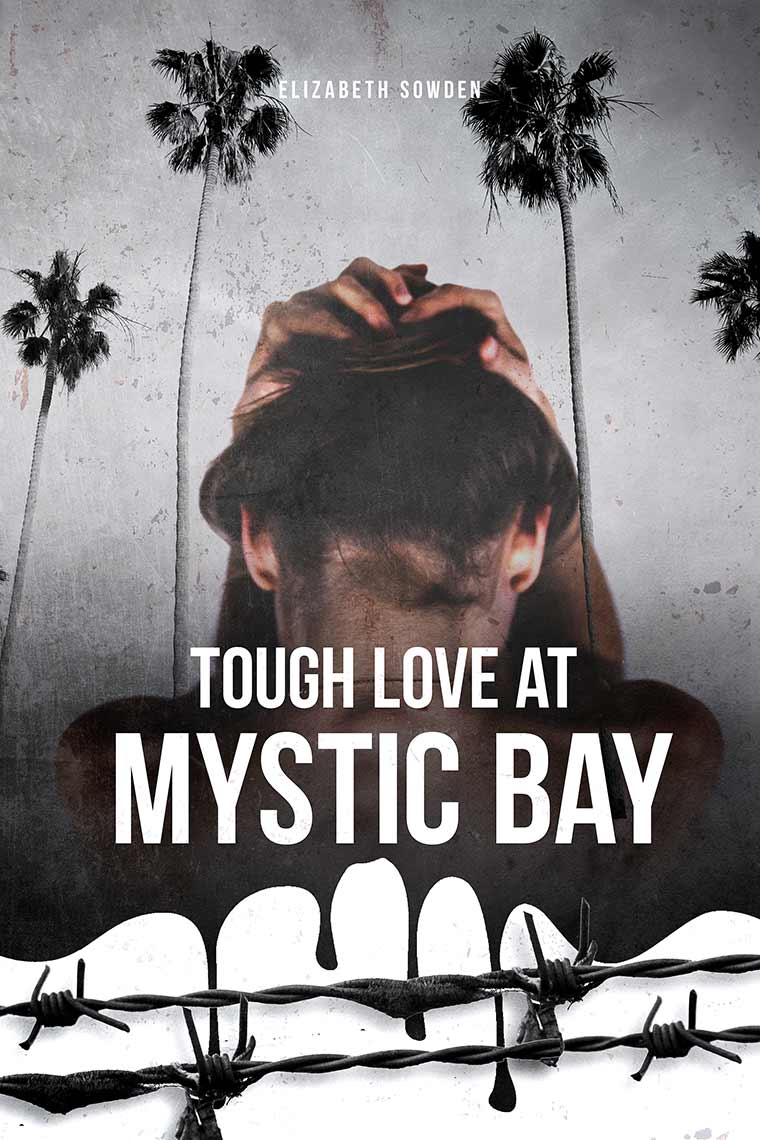
In Sowden’s new novel, a young woman’s mother sends her away for “reprogramming,” which turns out to be full of horrors. Based on real-world teen reprogramming industries, the book is dedicated in memory of Marvin Frankel (psychology), whose course “The Final Solution: Psychological Perspectives on Inhumanity” inspired Sowden.
Cedric R. Tolliver ’98
Of Vagabonds and Fellow Travelers: African Diaspora Literary Culture and the Cultural Cold War
Nonfiction / University of Michigan Press, 2019
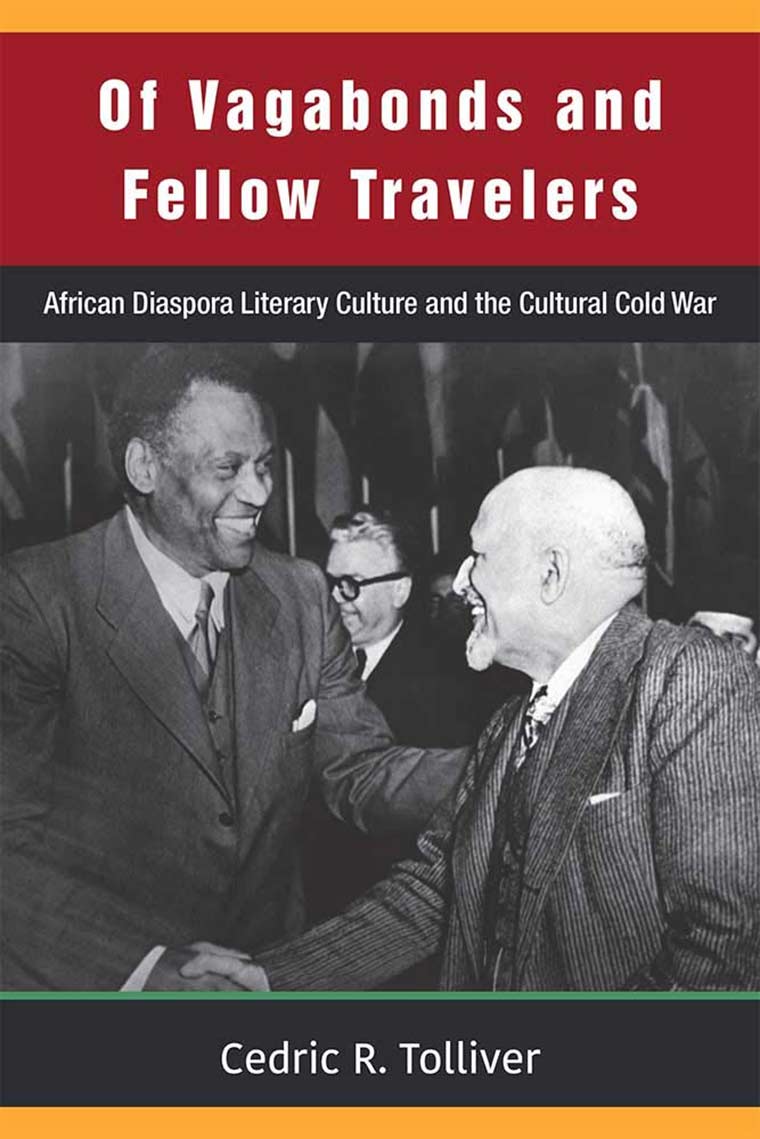
This work recovers the history of the writers, artists, and intellectuals of the African diaspora who, witnessing a transition to an American-dominated capitalist world-system during the Cold War, offered searing critiques of burgeoning US hegemony. Tolliver traces this history through an analysis of signal events and texts where African diaspora literary culture intersects with the wider cultural Cold War.
J.J. Warren ’19
Reclaiming Church: A Call to Action for Religious Rejects
Spirituality / Abingdon Press, 2020
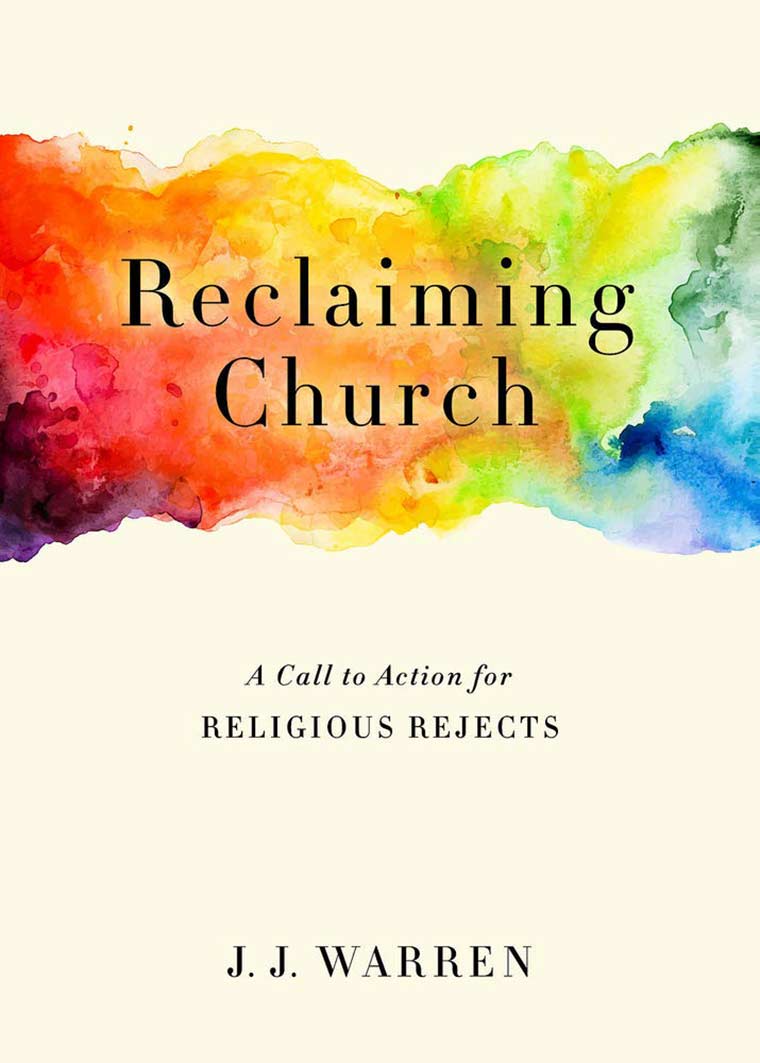
Warren’s first book builds on his efforts to make the Church welcoming to all, including the LGBTQ community and young progressives, a mission he first embarked on at Sarah Lawrence. He shares his own experience of God, church, and identity, explores the Church’s beginnings and its emphasis on community, and urges readers to focus on practical and positive steps to reclaim Church in their lives.
Tamar Yoseloff ’87
The Black Place
Poetry / Seren Books, 2019
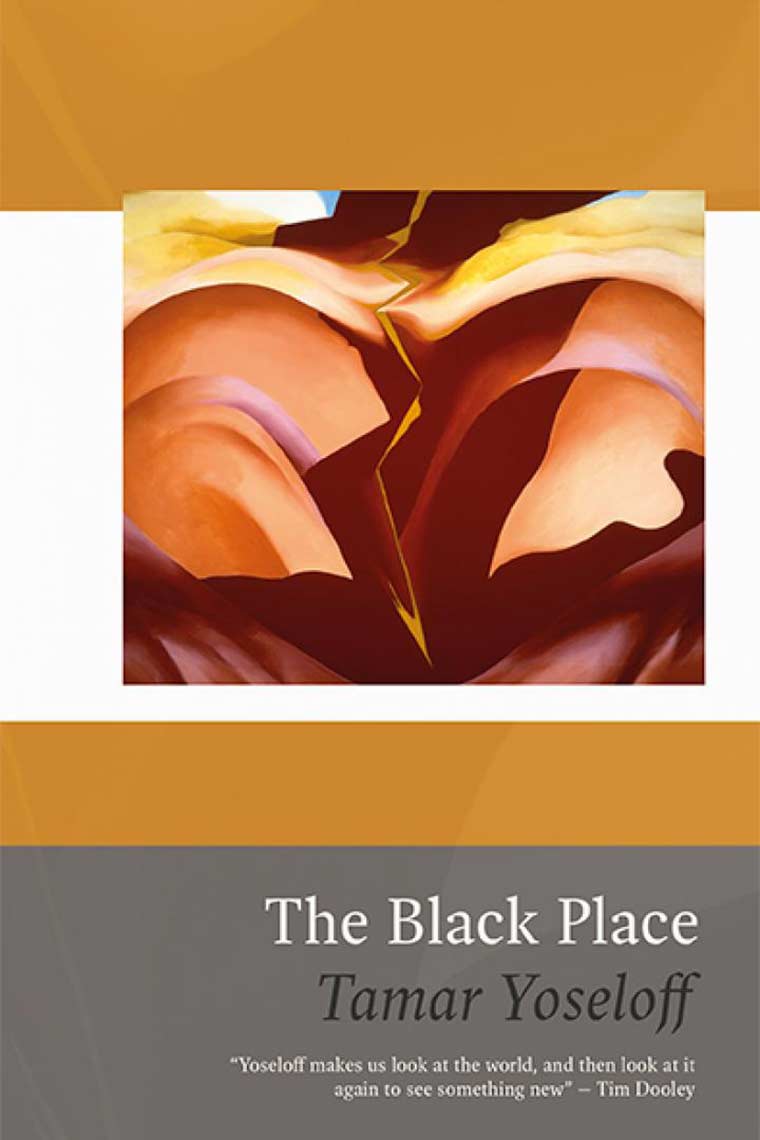
The central sequence in this collection, “Cuts,” is a characteristically tough look at the poet's cancer diagnosis and treatment. The diagnosis arrives at the same time as the Grenfell Tower fire disaster, a public trauma overshadowing a private one. Focusing on the strangeness of the illness and of our times, these poems refuse to offer panaceas or consolations.